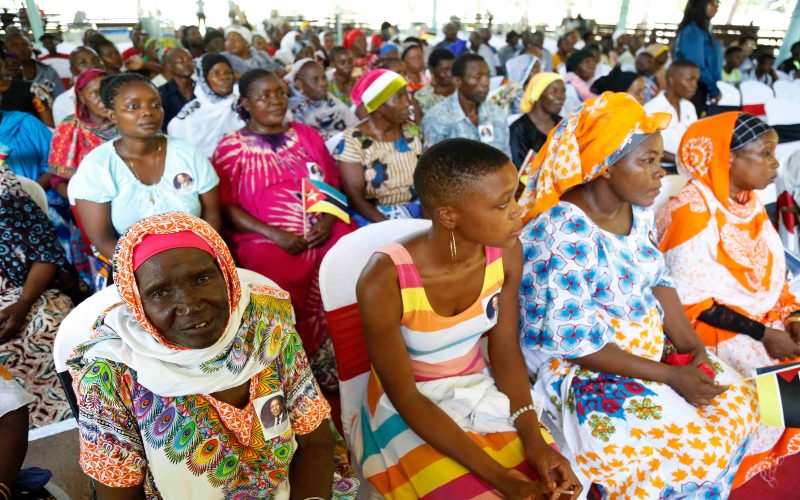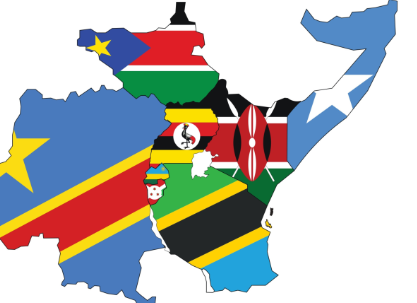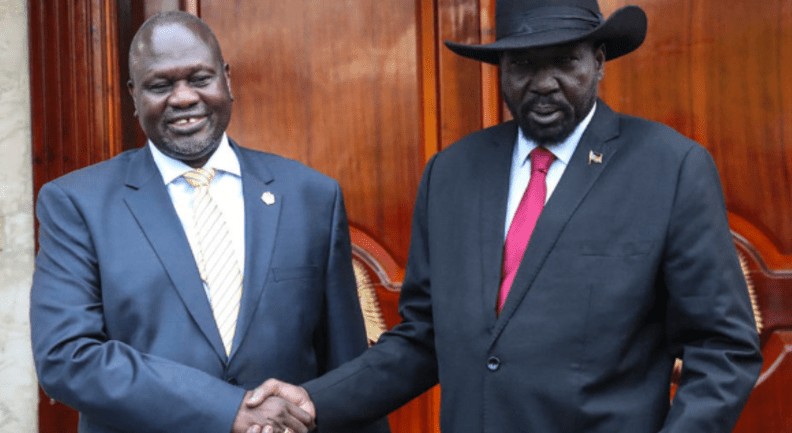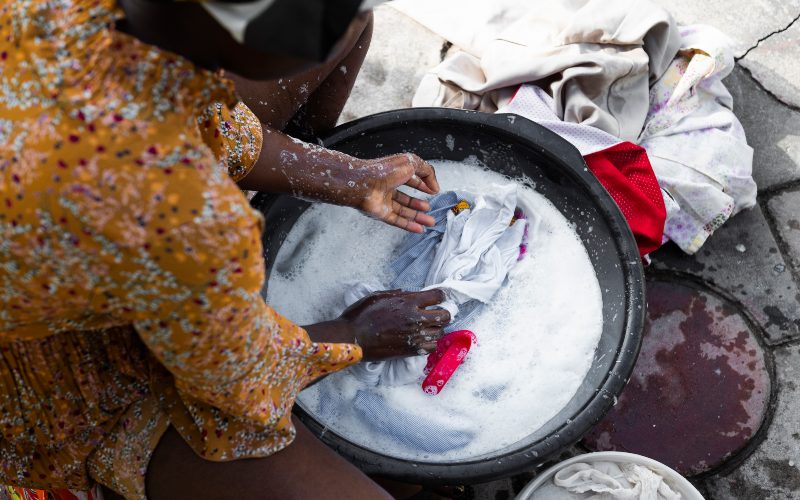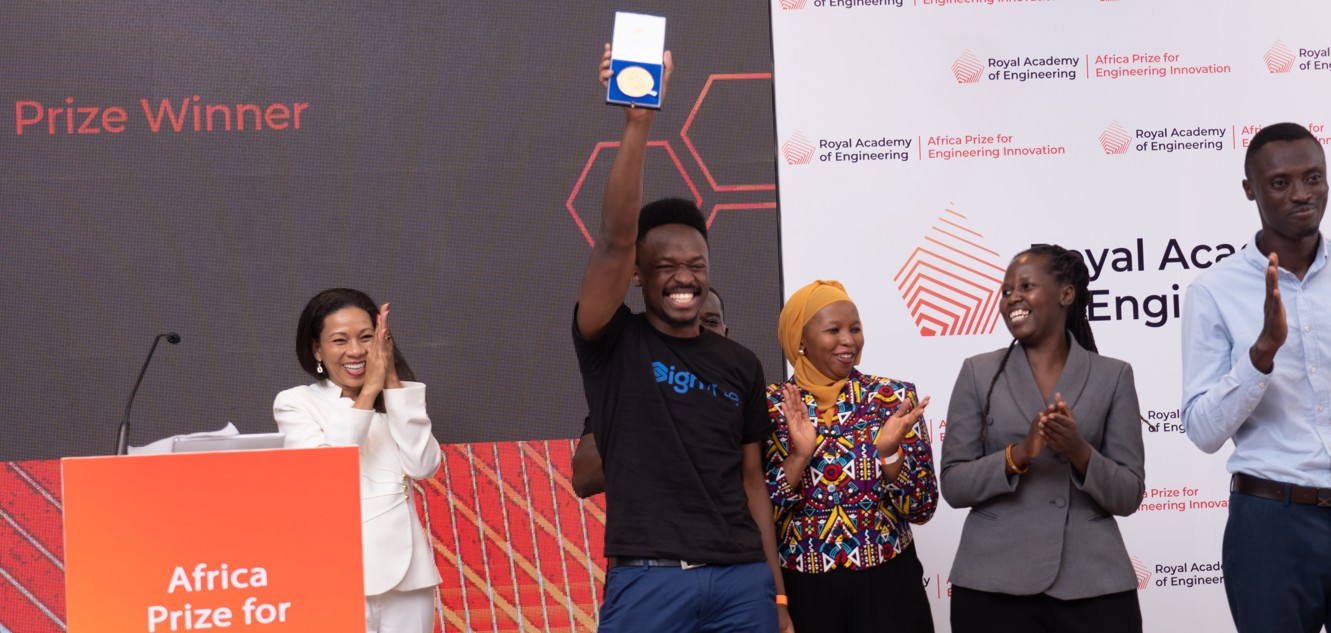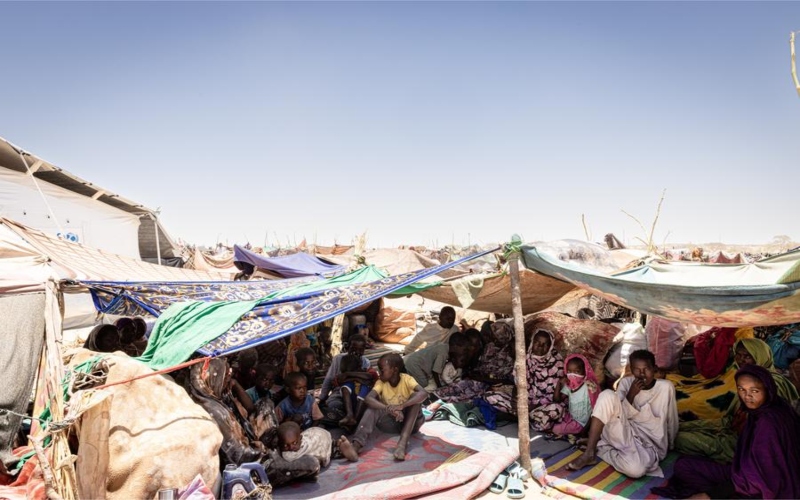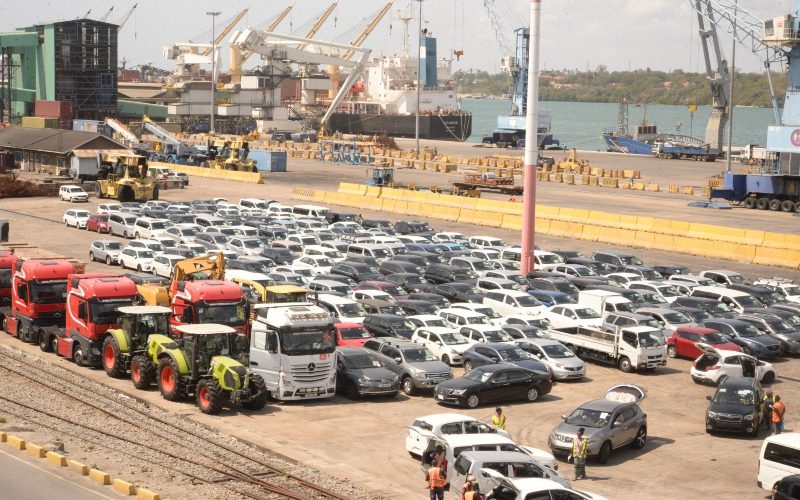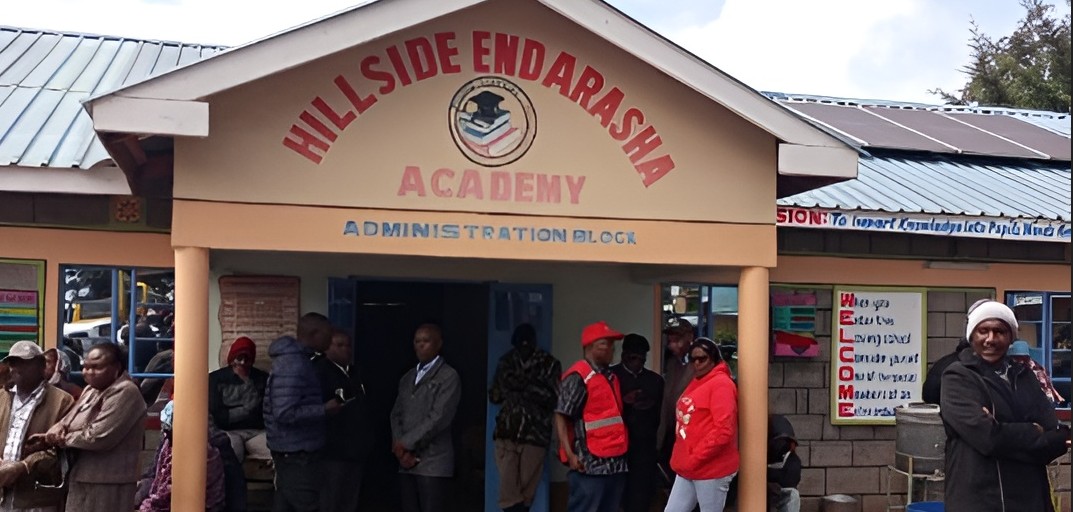Coconut farmers in Kwale to form associations to combat exploitation
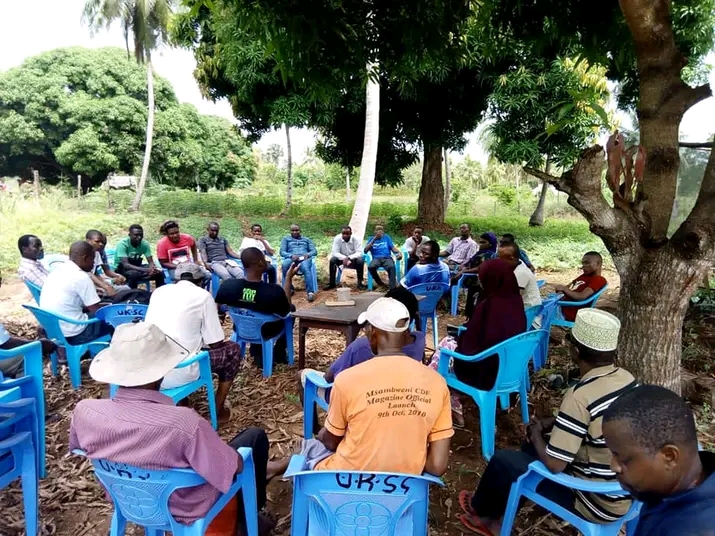
According to Juma, brokers buy coconuts from farmers at Sh10 and sell them for Sh30-70, depending on the size.
Coconut farmers in Mtsungani, Kwale County, have resolved to form associations to protect themselves from exploitation by middlemen. Approximately 50 farmers have taken this initiative to safeguard their products and interests from unfair practices by brokers.
The farmers faced a shortage of coconut fruits in 2023 due to premature harvesting by middlemen. During a meeting in Mtsungani, Bongwe Gombato ward, the farmers discussed strategies to safeguard their coconut trees, boost production, and protect their interests.
More To Read
- Kwale’s marginalised communities seek recognition, fair treatment
- Why farmers are not taking up loans for scaling up- experts
- Tanzania’s green gold rush: How avocado waste is hurting farmers and what should be done
- From curse to cure: How Kwale communities are beating elephantiasis stigma
- AI in Africa: Five issues that must be tackled for digital equality
- MPs seek fresh zoning rules to protect shrinking farmland
Juma Mwaramacheye, the leader of the coconut farmers, emphasised the need for forming associations to ensure they benefit from coconut production.
"We are confident that these associations will yield positive results. For the longest time, coconut farmers have been exploited by brokers who reap where they did not sow, but we are going to end this," he said.
Juma stated that his group would conduct sensitisation programs with farmers from other wards to unify their voices.
According to Juma, brokers buy coconuts from farmers at Sh10 and sell them for Sh30-70, depending on the size.
"When they come to our farms, they insist on buying a coconut at Sh10 irrespective of the size but later sell at a higher price. The farmers are forced to accept the throwaway price to earn a living," he said.
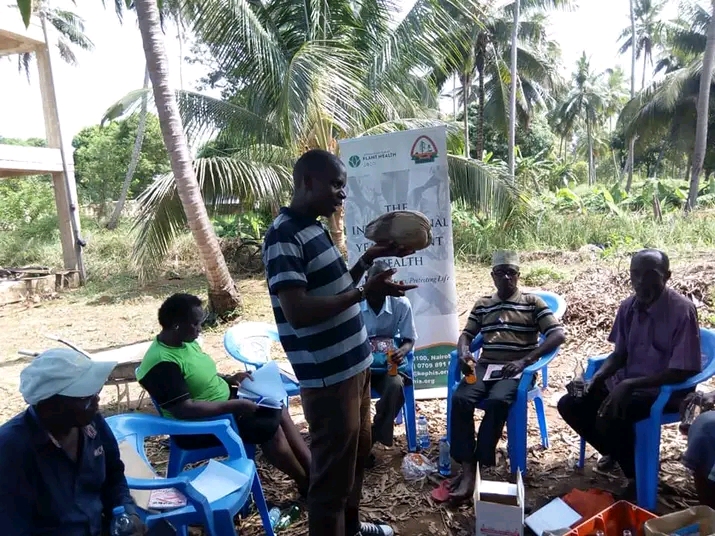 Coconut farmers hold a meeting at Mtsungani on May 18. (Photo: Mishi Gongo)
Coconut farmers hold a meeting at Mtsungani on May 18. (Photo: Mishi Gongo)
Another farmer, Mwanaulu Kirauni, called on the county government to construct a processing plant for coconuts and urged stakeholders in the agriculture sector to create empowerment programs to educate farmers on coconut value addition.
She noted that such initiatives would help absorb many unemployed youth in the region. "We need the government to bring empowerment programs to the grassroots. If we are educated on how to make oil and other products from coconuts, we can make use of our products rather than selling them at throwaway prices," she said.
Ann Kumbatha said that many women are interested in coconut value addition but lack the necessary machinery, forcing them to produce locally.
She appealed to the county to support them, noting that by-products of coconuts can be used to create various products.
"We ask the county to support us considering the by-products of coconut can be used to make many products," she said.
Currently, the farmers supply to the Kentaste company, which buys small coconuts at Sh11 and larger ones at Sh16, which the farmers feel is inadequate compensation.
"Considering the profit they are making, the money they pay us is little. Walk into any supermarket in Diani, and a 500 ml bottle of virgin coconut oil goes for about Sh1,500," she said.
Juma Shibe stressed the importance of educating farmers on conserving coconut trees. He attributed last year's shortage to people cutting down trees for timber and harvesting fruits prematurely.
Juma encouraged farmers to plant hybrid coconut trees to improve yields. "The old coconut trees produce very few fruits compared to the hybrid ones. If you must cut a coconut tree, then make sure you plant new ones to ensure the trees do not become extinct in the county," he said.
Top Stories Today
